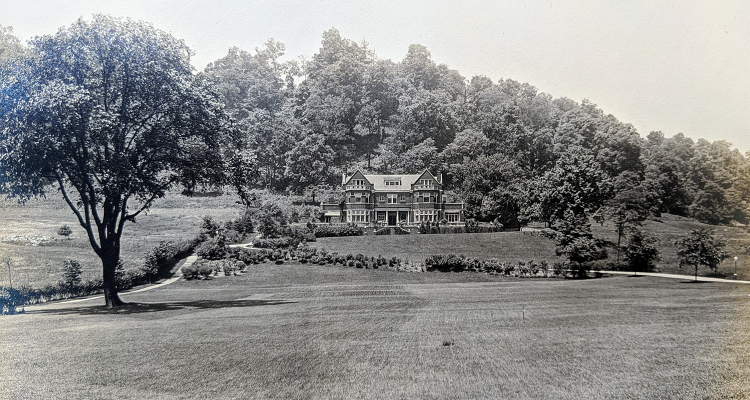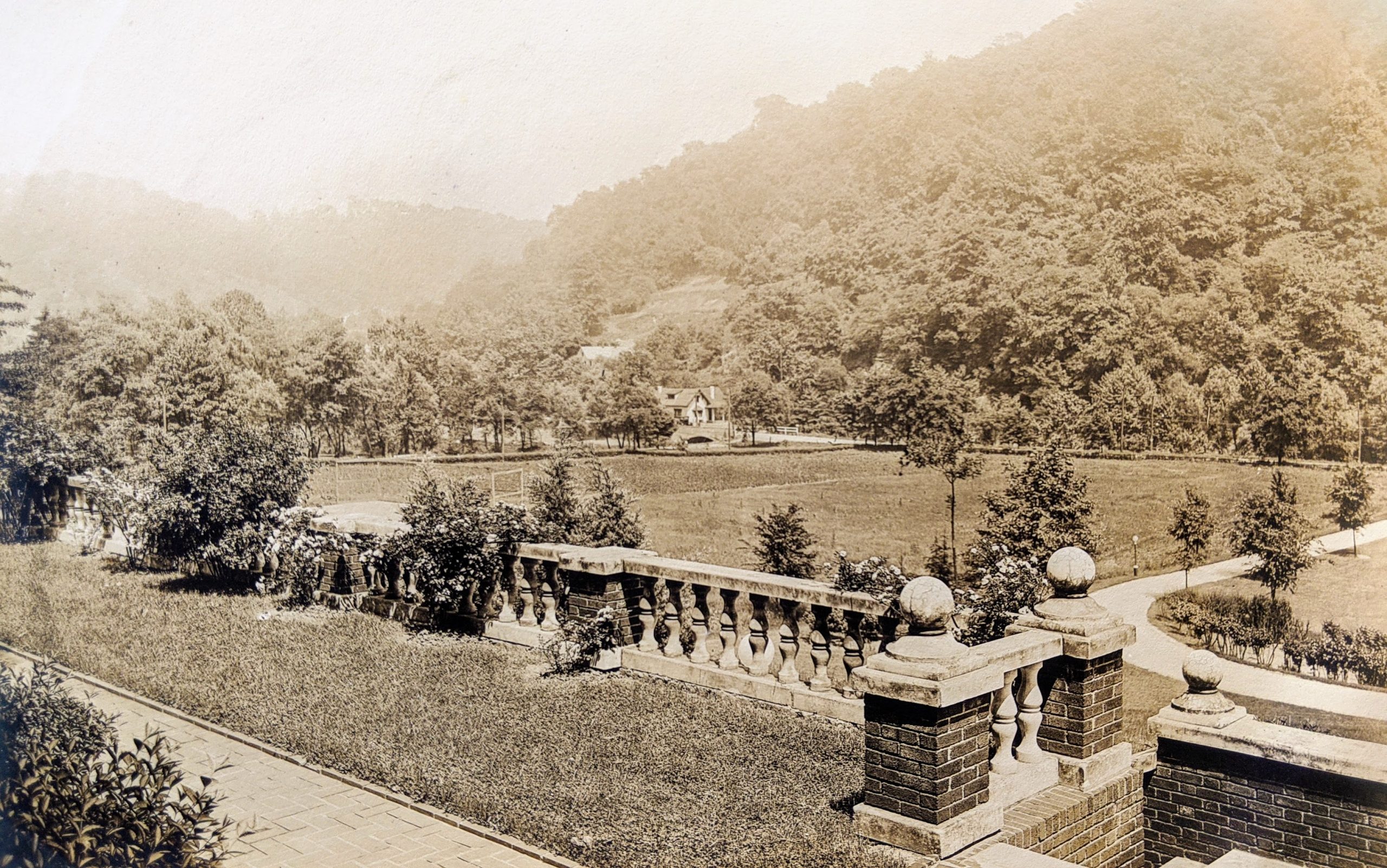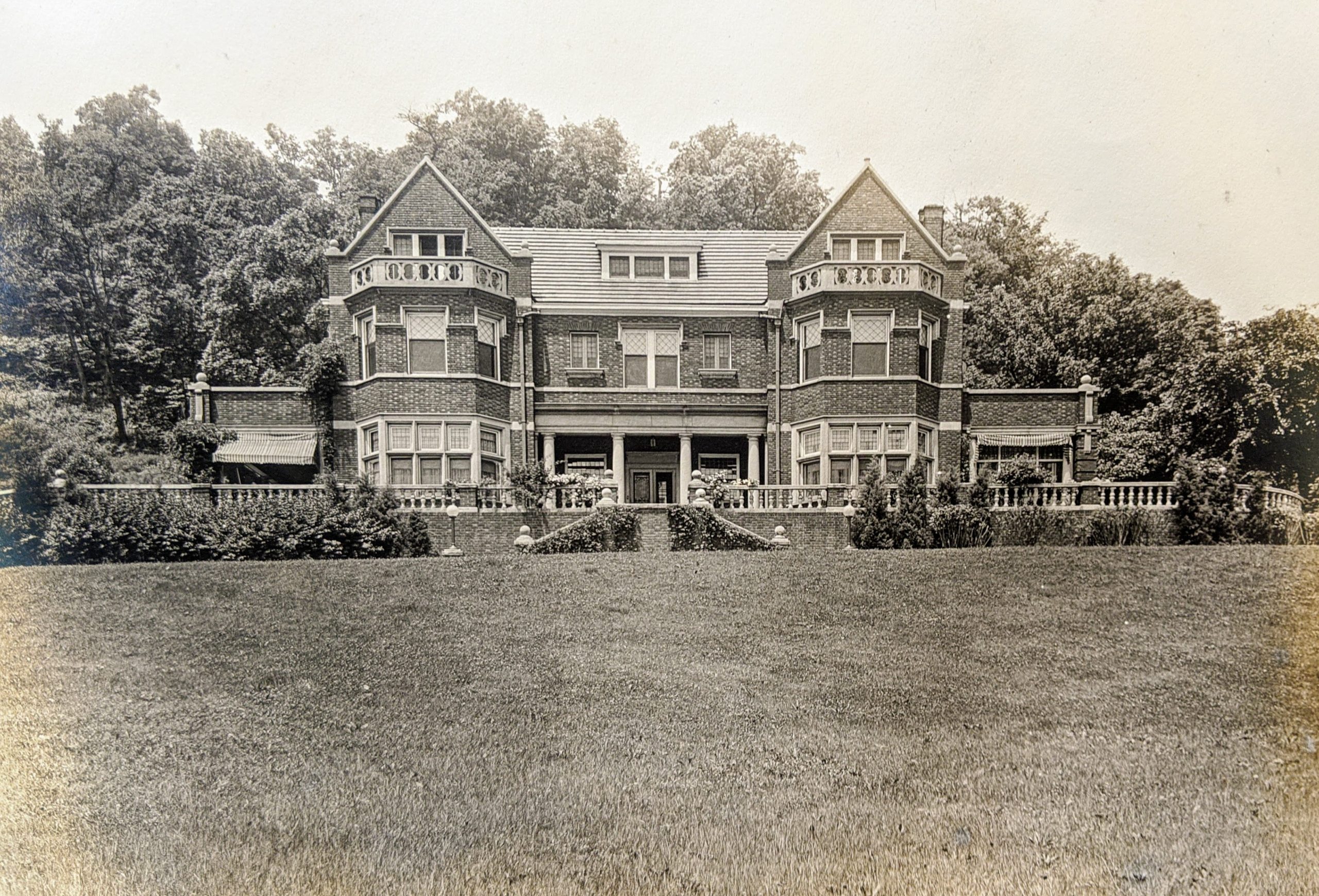There’s nothing new about the idea of victory gardens in the United States. Since World War I, Americans have taken it upon themselves during times of crisis to manage their own food supply. This monumental effort didn’t just take place on farms. Prompted by the National War Garden Commission in 1919, citizens planted in empty lots, on rooftops, windowsills and driveways — anywhere food could be grown. The same trend sprung up again during World War II, when, according to the New York Times, about 20 million gardens produced roughly 40 percent of the country’s fresh vegetables. Over time, as the country rebounded, the practice of victory gardening dwindled.
Now, the world finds itself in a different sort of crisis, but the need is familiar: to take pressure off the food supply chain. Perhaps it’s fate that the coronavirus pandemic has struck at the beginning of the growing season, just as Ohio Valley residents begin to consider their summer garden ideas. Now, the planting season takes on a new meaning, as victory gardens are sowed, once again, for the first time in 75 years.
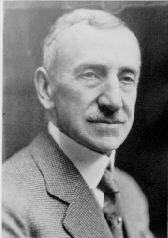
During the Depression, residents of the Greggsville neighborhood in Wheeling, along Route 88, maintained victory gardens of their own, thanks to the kindness of one of Wheeling’s most influential businessmen and philanthropists, George A. Laughlin. Born in 1862 in Wheeling, Laughlin founded the Wheeling Board of Trade, he served in the West Virginia House of Delegates and was the first president of the Wheeling Intelligencer Company. He was also known for his giving spirit. Through WesBanco, he established the Laughlin Plan Loan. To this day, it continues to provide interest-free home loans to qualifying Ohio County families. Close to 300 loans have been awarded in the last 70 years.
Laughlin’s generosity extended beyond monetary giving, according to Wheeling residents, brothers Peter and John Holloway. Laughlin was their step-great-grandfather, and, according to Peter, the story of George Laughlin’s victory garden in Greggsville has been passed down through the family.
“My brother’s [John Holloway] house sits on the property,” Peter said. “There used to be just one great big field. And the story … is pretty brief, but during the Depression, [Laughlin] gave everybody in Greggsville a plot of land to grow vegetables, which obviously would be quite important to people at that time.”
Laughlin’s neighbors likely managed through difficult times thanks, in part, to the donated garden plots and the fruit they bore. (Or, in many cases, veggies.) What’s more, Laughlin followed the progress of each garden and gardener, keeping spirits up and neighborhood ties strong.
“At the end of each growing season, he had a contest,” Peter said. “And just like today’s participation awards, everybody won. And [Laughlin didn’t say], ‘That’s the best potato,’ but, ‘That’s the greenest tomato — here’s five dollars.’”
Laughlin also donated the land and the equipment for the local playground, which is known as the Laughlin Playground. In spring and summer, the playground and adjacent ballfield are in frequent use during baseball season. Generations later, the neighborhood continues to benefit from his giving spirit.
“I have a strong feeling that the people of Greggsville were thanking him with that naming,” Peter said.
Dr. John Holloway lives on the family property. In fact, his home sits where the garden once grew. And though times have changed, he’s made an effort to keep the tradition of growing things alive. While his garden is but a fraction of its original size, it’s large and ambitious by most backyard standards. It’s tradition in Greggsville, where the soil holds the memory of dedicated, generous and grateful Wheeling residents who worked side by side through difficult times to support a community of kindness.
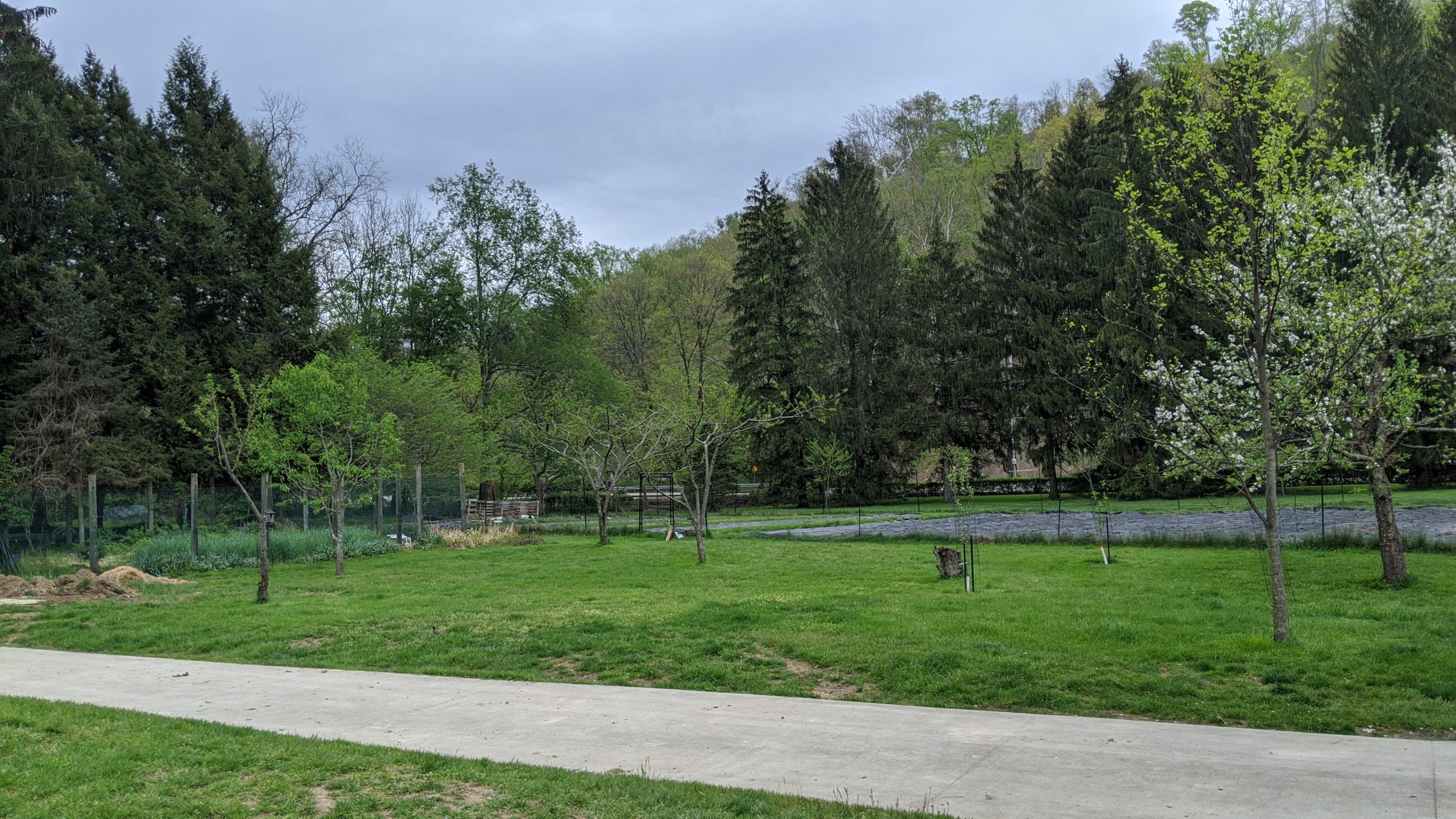
• Laura Jackson Roberts is an environmental writer and humorist in Wheeling, West Virginia. She holds an MFA in creative writing from Chatham University and serves as the Northern Panhandle representative of West Virginia Writers. Her hobbies include hiking, travel and rescuing homeless dogs. Visit her at laurajacksonroberts.com.


